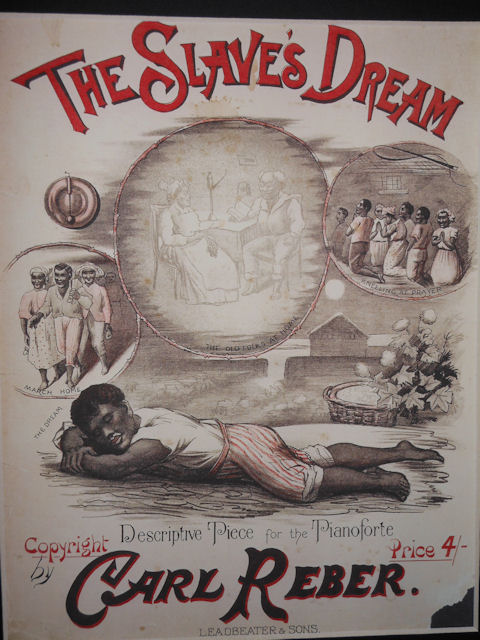The poem If can be viewed as a set of guidelines on how to live and act with integrity and right values such that one becomes the ideal human. Each of the four stanzas deals with different life situations and the best way to act during them. The poem If does not have a conspicuous physical setting. However, after reading the poem one can visualize a scene in which a father is speaking to his son and giving him the most valuable life lesson on how to become a complete man. The token of personal philosophy and wisdom which the father imparts to his son has universal validity. Read below and refer to additional links for If summary-
Setting and Mood of the Poem IF by Rudyard Kipling
Line by Line Summary of IF – Stanza 1
Line by Line Summary of IF – Stanza 2
Line by Line Summary of IF – Stanza 3
Line by Line Summary of IF – Stanza 4
Central Idea and Theme of the Poem IF
Critical Note on the Poem IF
The poem If is a very well-constructed insightful study into the art of living and becoming a perfect human being. It advocates some of the most important virtues and values of life which forms the various sub-themes of poem.
The poem has been very rightfully penned in iambic pentameter by Kipling as this imparts the poem with a sense of balance and order which is in sync with the virtues of meaningful living which the poem prescribes. There is a sense of constancy in the rhyme scheme of the poem as well which runs in the fixed pattern of ABABCDCD with the exception of the first stanza which follows the pattern of ABABCDCD. The meter and rhyme scheme of the poem together impart the form of the poem with a semblance of order which goes well with the moral lessons of rightfulness which are to be gathered from the poem.
The language of the poem is fluid, yet intricate wherever necessary. Over all one can say that the language is moderately ornate without running into the danger of being indiscernible. Kipling does not assume a commonplace style while penning the poem. Instead the style is lofty along with being inspiring. The inspiring quality of the poem owes itself to the language and the style which are out of the ordinary without making the poem too difficult to understand.
The style and the language are simple because the poet clearly wanted to reach out to all sections of the society, irrespective of social stature or age.
Last but not the least, the poem is deeply inspirational. It tugs at the strings of not just the heart but also the mind because nothing that it says seems irrational in spite of being difficult to achieve. Even if we cannot prescribe to all that the poem advocates, the readers are unanimous in their understanding that the poem offers the most effective and valuable guidelines to becoming the most perfect human beings which we can be in today’s world. There is something in the poem which motivates us to achieve our goals in life and becoming the best that we can be. This is solely because of the sincerity and conviction of the poem which comes out very transparently in the poem.
Tone of the Poem IF
Kipling has assumed a didactic tone all throughout the poem If, which is in keeping with the moral life lessons which he imparts through the poem. Usually poems with a constant didactic strain run into the risk of sounding too preachy. This is not the case with If since Kipling, by virtue of his brilliant poetic craftsmanship has managed to make his moralizing not only deeply motivating but also very poignant. There are occasions in the poem when his tone becomes quite lofty in lines such as – If you can dream – and not make dreams your master,/If you can think – and not make thoughts your aim;/If you can meet with Triumph and Disaster/And treat those two impostors just the same. Then there are the lines when the tone of the poem is infused with sincere urgency which is ever so motivating- If you can force your heart and nerve and sinew
To serve your turn long after they are gone,/And so hold on when there is nothing in you/
Except the Will which says to them: “Hold on!”. There is also a hint of fatherly poignancy in the poet’s tone when he ends the poem saying – If you can fill the unforgiving minute/
With sixty seconds’ worth of distance run,/ Yours is the Earth and everything that’s in it,/
And – which is more – you’ll be a Man, my son! Hence, over all the tone of the poem is one which is suited to the gravity of the themes which comes to the fore through the poem.
Conclusion of the Poem IF
If by Rudyard Kipling is one of the most fervent pieces on what it means to lead a life that has been made meaningful through right virtues and values. This poem consists of just thirty two lines but within its purview it encompasses some of the most integral life lessons that can be put to use during the good as well as the bad times which we go through in life. Some of the virtues and qualities forwarded in the poem might seem lofty and even impossible to attain but there is no denying the fact that they are the crux of what humanity can offer best. In short, this poem paints a wonderful and inspiring picture of how an ideal man leads an ideal life! The poem is recommended from reader to reader and passed from generation to generation because of its capacity to move the hearts of the readers and inspire!
Some online learning platforms provide certifications, while others are designed to simply grow your skills in your personal and professional life. Including Masterclass and Coursera, here are our recommendations for the best online learning platforms you can sign up for today.
The 7 Best Online Learning Platforms of 2022
- Best Overall: Coursera
- Best for Niche Topics: Udemy
- Best for Creative Fields: Skillshare
- Best for Celebrity Lessons: MasterClass
- Best for STEM: EdX
- Best for Career Building: Udacity
- Best for Data Learning: Pluralsight
















